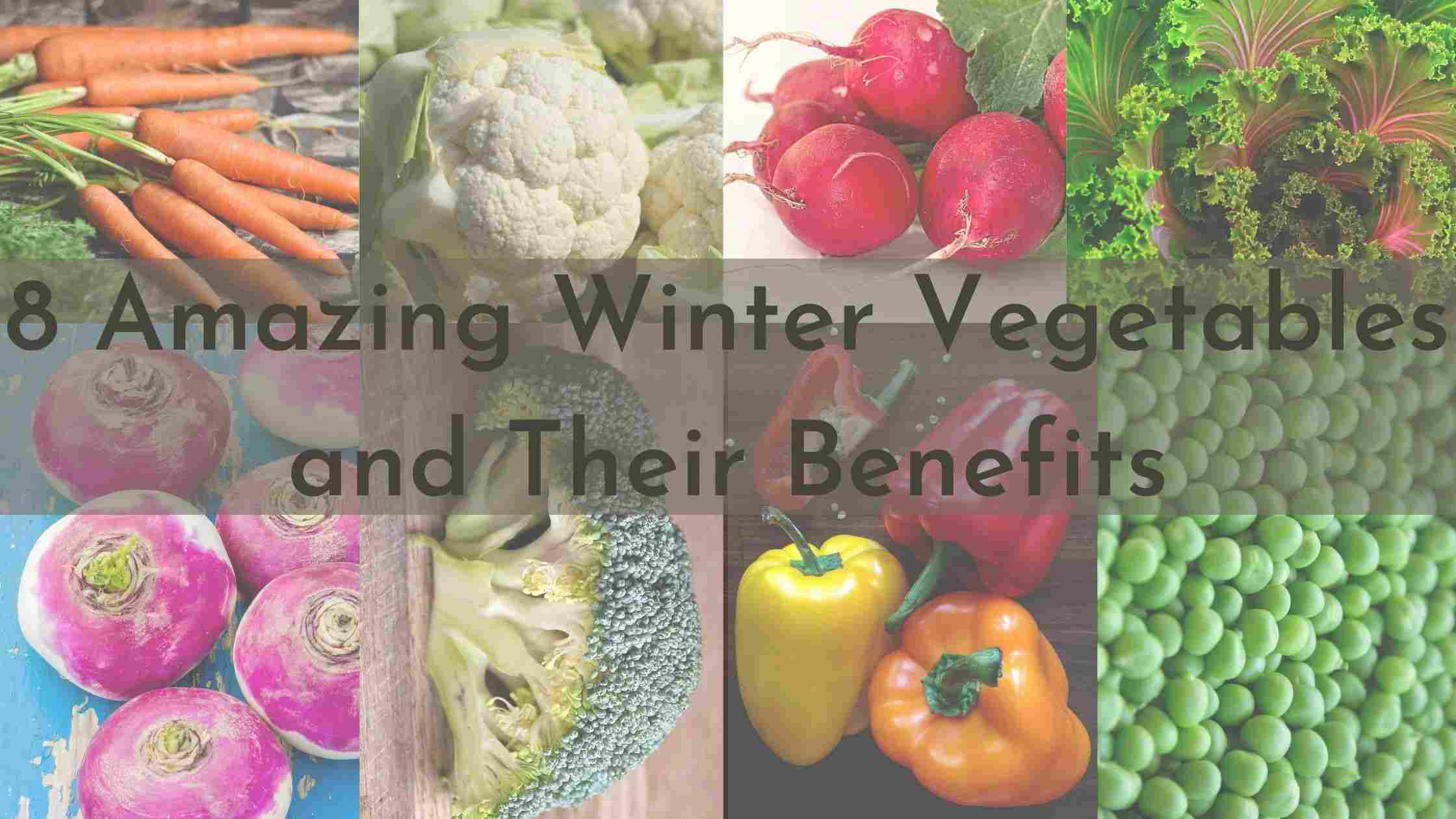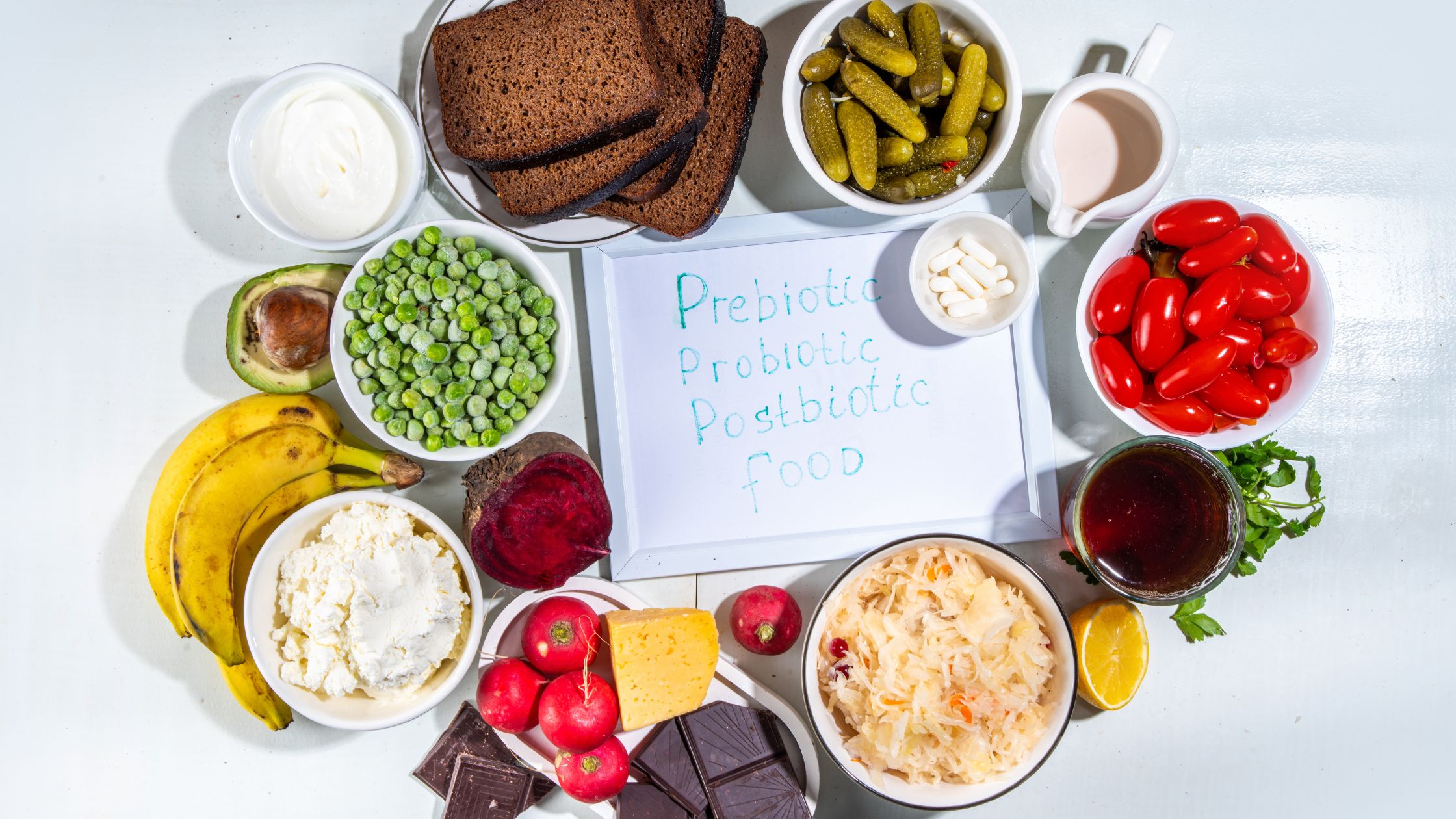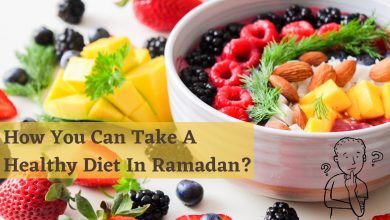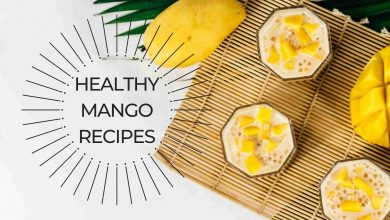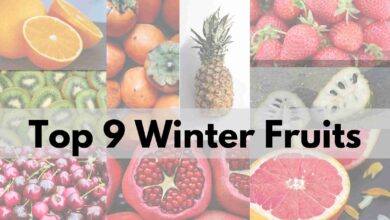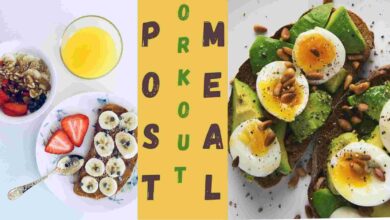Cold weather brings in many privileges including its wide range of winter vegetables and fruits. On the other hand, taking proper nutrition is always challenging as winter arises because cold weather also brings up cravings and laziness that ends up neglecting the nutritional values of your food.
However, some of the vegetables still survive the cold weather’s brutality. These vegetables survive this low temperature because of their high sugar content which allows them to freeze and hence survive the cold. That is why they are known as winter-friendly or winter vegetables.
Winter fruits are already discussed in my previous article so this article will be truly dedicated to the top 8 amazing winter vegetables and their benefits.
This Article Contains
8 Nutritionally Packed Winter Vegetables
The collective benefits of all the winter vegetables are that they are filling due to their high fiber content, and besides having high sugar, they are low calories food, making them highly nutritious as well.
CARROTS
Carrots are sweet and crunchy to eat. They are an excellent source of Vitamin A converted by beta carotene. Also rich in antioxidants making it easier to fight cancer (prostate, lung, blood, colon), and potassium taking care of your heart.
Vitamin A is essential for immune system growth as well as eye health. High fiber content controls diabetes and insulin resistance.
Nutritional Value as Per FDA:
1 Carrot 7” Long Has —
Calories: 30
Sodium: 60mg
Potassium: 250mg
Carbohydrates: 7gm
Fiber: 2gm
Sugars: 5gm
Protein: 1gm
Vitamin C: 10%
Vitamin A: 110%
Iron: 2%
Calcium: 2%
CAULIFLOWER
Next in list is cauliflower which is low calorie and highly nutritious winter vegetable. Its high fiber content makes it gut healthy, and help in fighting obesity. Antioxidants in cauliflower help preventing cancer and reducing inflammation. Furthermore, Good potassium content is good for your heart.
In addition,two specific elements found in cauliflower are choline and sulforaphane. Choline helps in synthesizing your DNA, producing neurotransmitters, regulating cholesterol, and maintaining the integrity of the cell membrane.
Sulforaphane is a type of antioxidant that is essential for stoping and destroying tumor growth. On the other hand, sulforaphane keeps your arteries healthy and maintains your blood pressure.
Nutritional Value as Per FDA:
99gm Cauliflower Has —
Calories: 25
Sodium: 30mg
Potassium: 270mg
Carbohydrates: 5gm
Fiber: 2gm
Sugars: 2gm
Protein: 2gm
Vitamin C: 100%
Iron: 2%
Calcium: 2%
RADISH
Radishes are very low-calorie winter vegetables including them in your diet makes you full and helps to maintain your gut health without taking a lot of calories inside you. It has antioxidants that help to prevent cancer.
Radish contains protein RsAFP2 which is a naturally occurring antifungal that is why fungal infections like yeast (oral or vaginal) can be prevented by consuming radishes in your diet.
Nutritional Value as Per FDA:
3oz Radishes Has —
Calories: 10
Sodium: 55mg
Potassium: 190mg
Carbohydrates: 3gm
Fiber: 1gm
Sugars: 2gm
Protein: 2gm
Vitamin C: 30%
Iron: 2%
Calcium: 2%
KALE
Kale is a powerful antioxidant as it is rich in Vitamin C and beta carotene. Further it comes in different colors like purplish-red or green. Its surface may be smooth or curly. Kale is loaded with nutritious compounds. It contains a lot of Vitamin K, Vitamin A, and Vitamin C. On the other hand, consuming kale thrice a week will be responsible for increasing your good cholesterol.
Furthermore, essential minerals like calcium and magnesium are also abundantly present in this vegetable.
Nutritional Value of Kale:
67gm of Kale Has —
Calories: 33
Magnesium: 26%
Potassium: 9%
Carbohydrates: 6gm
Fiber: 1gm
Vitamin K: 648%
Protein: 3gm
Vitamin C: 134%
Vitamin A: 206%
Iron: 2%
Calcium: 9%
TURNIP
Turnips are beautiful looking white and purple color vegetable. The nourishment that turnips provide is endless. They are rich in fiber that makes them gut and intestine friendly. Turnips hence decrease the occurrence of diverticulitis and constipation.
On the other hand, turnips contain edible nitrates that help to maintain blood pressure. Furthermore, potassium in them prevents both high blood pressure and cardiovascular issues.
Nutritional Value of Turnip:
1 Cup of Turnip Has —
Calories: 36.4
Magnesium: 14.3mg
Carbohydrates: 8.36gm
Fiber: 2.34gm
Vitamin K: 0.13mcg
Protein: 1.17gm
Vitamin C: 27.3mg
Iron: 0.39mg
Calcium: 39gm
BROCCOLI
Broccoli is one of those winter vegetables you might have heard of whenever someone wants to switch to a healthy diet. It contains all healthy meal plans because of its endless health benefits. Like others, broccoli helps in digestion and gut health. Moreover, like many other winter vegetables, it has cancer preventive properties, supports heart health, reduces inflammation, and is rich in fiber.
Furthermore, studies suggest that broccoli slows down the process of aging, likewise supports good mental health.
Nutritional Value of Broccoli:
1 Cup of Broccoli Has —
Calories: 36.4
Magnesium: 14.3mg
Carbohydrates: 6gm
Fiber: 2.4gm
Vitamin K: 116%
Protein: 2.6gm
Vitamin A: 11%
Vitamin C: 135%
Folate: 14%
BELL PEPPERS
Bell peppers offer a vast variety of minerals and vitamins that is good for blood, the immune system, the heart, muscles, bones, and nerves. In addition, bell peppers also rich in many different anti-oxidants like capsanthin, carotenoid, luteolin, lutein, and quercetin.
Likewise, consuming bell peppers are good for eye health, as well as oxygenation of the blood.
Nutritional Value of Bell Peppers:
150gm of Bell Peppers Has —
Calories: 46.2
Carbohydrates: 9.4gm
Fiber: 2.4gm
Vitamin B6: 22%
Protein: 1.5gm
Vitamin A: 93%
Vitamin C: 317%
Folate: 17%
Potassium: 9%
PEAS
Peas are full of nutrients and include a decent number of antioxidants and fiber. Although like other winter vegetables, peas are helpful in protectin chronic illnesses, like diabetes, cancer, and heart disease. Besides, peas are one the most satisfying and filling, which are protein-rich as well. Peas aids digestion, maintain blood sugar level.
Nutritional Value of Peas:
0.5 Cup of Peas Has —
Calories: 62
Carbohydrates: 11gm
Fiber: 4gm
Vitamin K: 24%
Protein: 4gm
Vitamin A: 34%
Vitamin C: 13%
Folate: 12%
Magnesium: 11%
To Conclude The Winter Vegetables
The above article is all about the winter vegetables that survive cold temperatures as well as very health benefits too. The above names are only a few. There are a lot more to list here for example asparagus.
Lastly, these winter vegetables make it probable to fill your menu with seasonal, yet nutritious produce all season long. Adding any vegetable from the list would make an extremely nutritious additive to your food. Enjoy your winter season with nutrition.
